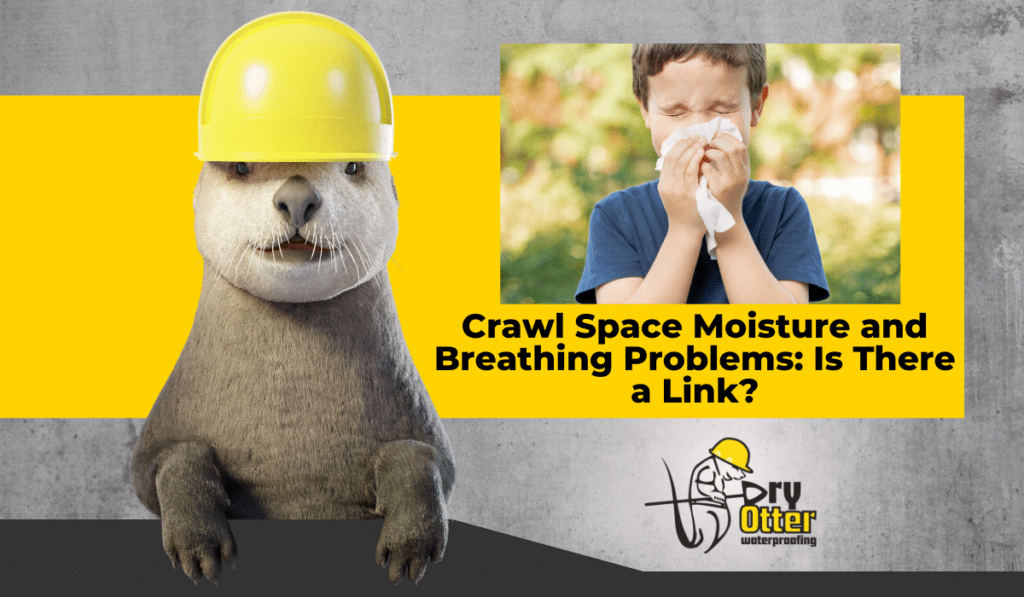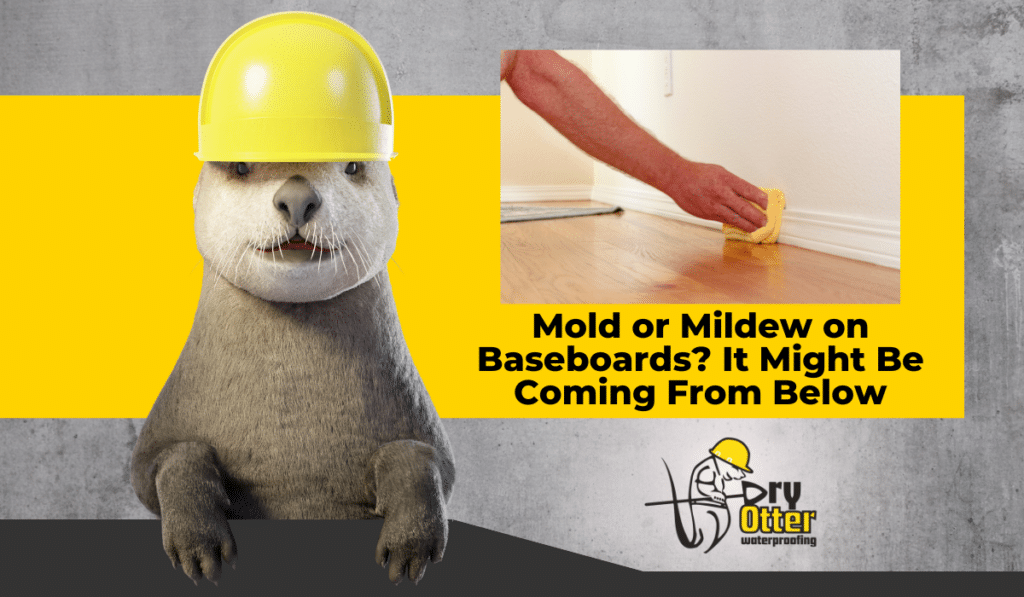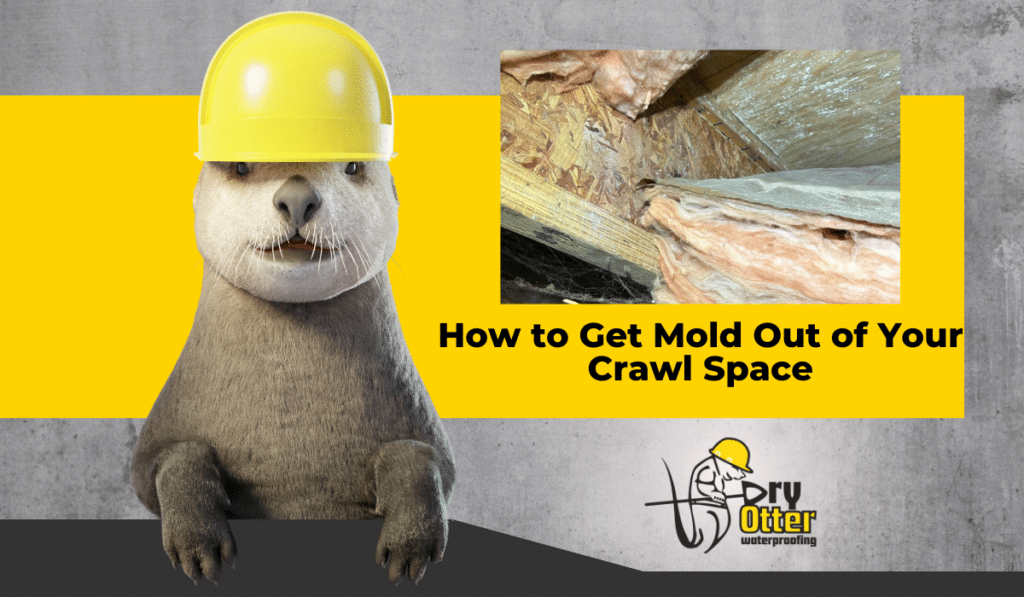Your home’s foundation provides its stability. It supports the entire structure and prevents damage to your home from settling or shifting.
Neglecting the health of your foundation can lead to repair costs that range from a few thousand dollars to tens of thousands. The price depends on the severity of the issue, the size of your home, and the type of repair needed.
Does home insurance cover foundation repair? Typically, it doesn’t cover normal wear and tear, but there are instances when it does.
What is Foundation Repair and Why is it Important?
Common foundation problems and their consequences usually fall into these specific categories:
Cracks: in walls, floors, and the foundation itself.
- Vertical cracks are due to concrete shrinkage and are generally only concerning if they are wide.
- Horizontal or diagonal cracks are more serious because they signal foundation movement.
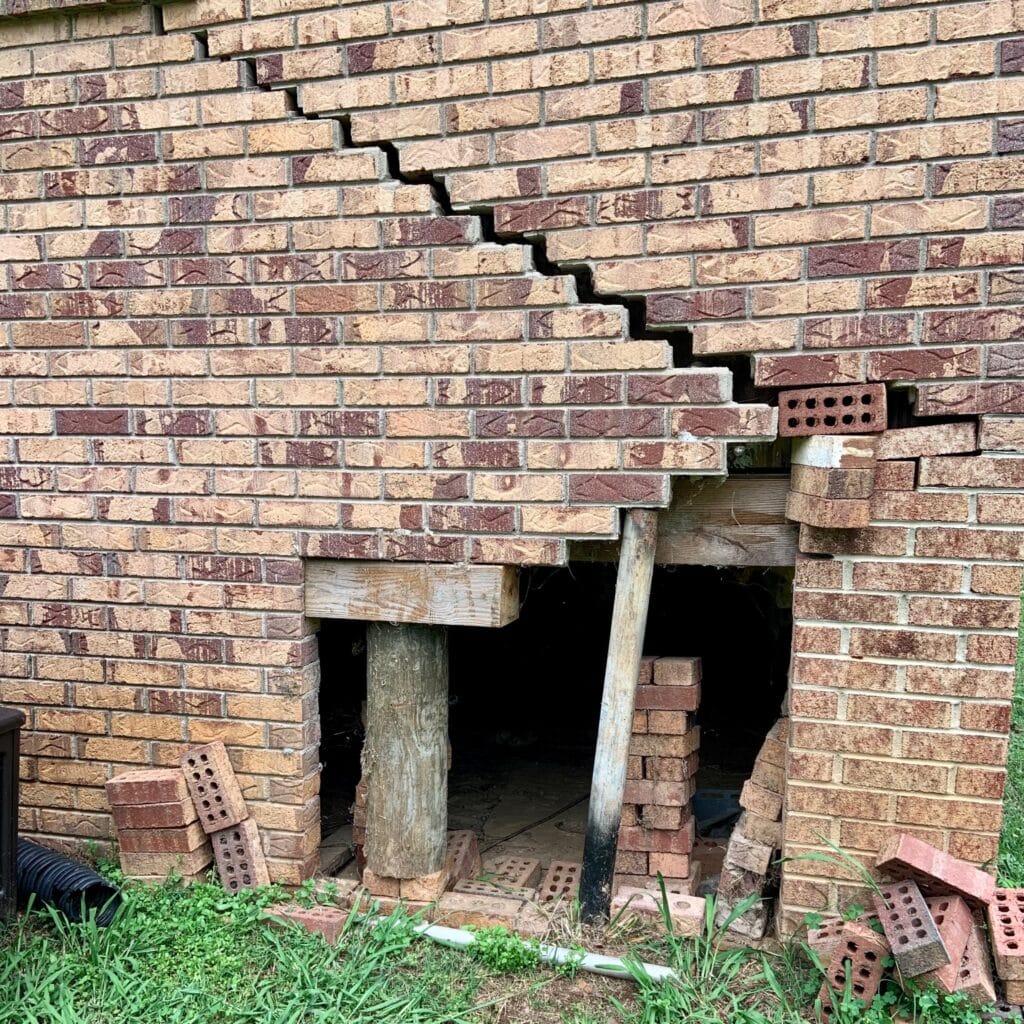
Settlement is when the soil beneath your foundation compresses, causing your home to sink unevenly.
- Signs of settlement include sticking doors and windows, uneven or bouncing floors, and wall cracks.
- If you have a basement or crawlspace, you may see wood damage, damaged piers, bowing, or cracked basement walls.
Water damage: Water and moisture can erode the soil around your foundation, leading to instability.
- Look for damp, wet basements, mold, and efflorescence, a white, powdery residue on foundation walls.
Ignoring foundation issues has many consequences, the most serious is structural damage. Not attending to foundation issues immediately can also mean higher repair costs later, decreased property value, and hazardous mold and mildew problems.
Early detection is critical. Addressing problems early can lower repair costs, prevent further, more widespread damage, and protect your biggest investment.
Does Home Insurance Cover Foundation Repair?
The answer to the question, does home insurance cover foundation issues is complicated, it depends on the circumstances.
Your homeowner’s insurance will typically cover foundation damage caused by an accidental or sudden event. This is referred to as “covered peril.”
These include natural disasters, fire or explosion, water damage, and vehicle impact.
Instances where insurance will not cover foundation repair are gradual settling, cracks due to normal wear and tear, lack of regular maintenance, foundation damage caused by excessive water infiltration, damage caused by tree roots, flood damage, and earthquakes unless you have a specific earthquake policy in place.
Does Home Insurance Cover Foundation Issues?
Let’s explore the issues covered by your home insurance in more depth:
Natural disasters: Hurricanes, tornadoes, hailstorms, and earthquakes—if you have that type of coverage—are all covered by your insurance.
Fire or explosion: Gas explosions or damage caused by a house fire will be covered.
Water damage: Sudden damage from a burst pipe or a broken appliance.
Vehicle impact: If a car crashes into your home, your repair will be covered.

An important side note is that even if the cause of your foundation damage is covered, insurance may not cover the cost to repair your entire structure; it may only cover foundation repair.
Covered damage means typically repairing or replacing the damaged part of your foundation. It also covers the demolition and reconstruction of affected areas and the labor costs associated with the repair.
Foundation damage that is typically not covered
Your insurance does not cover regular foundation issues.
These include:
Settling: Gradual settling is the natural process that happens over time.
Cracks: Minor cracks that develop over time.
Foundation damage: Normal water infiltration is not covered.
Tree roots: This is considered normal wear and tear.
Flood damage or earthquakes: These require special policies.
Always understand the type of insurance policy you have and what it covers.
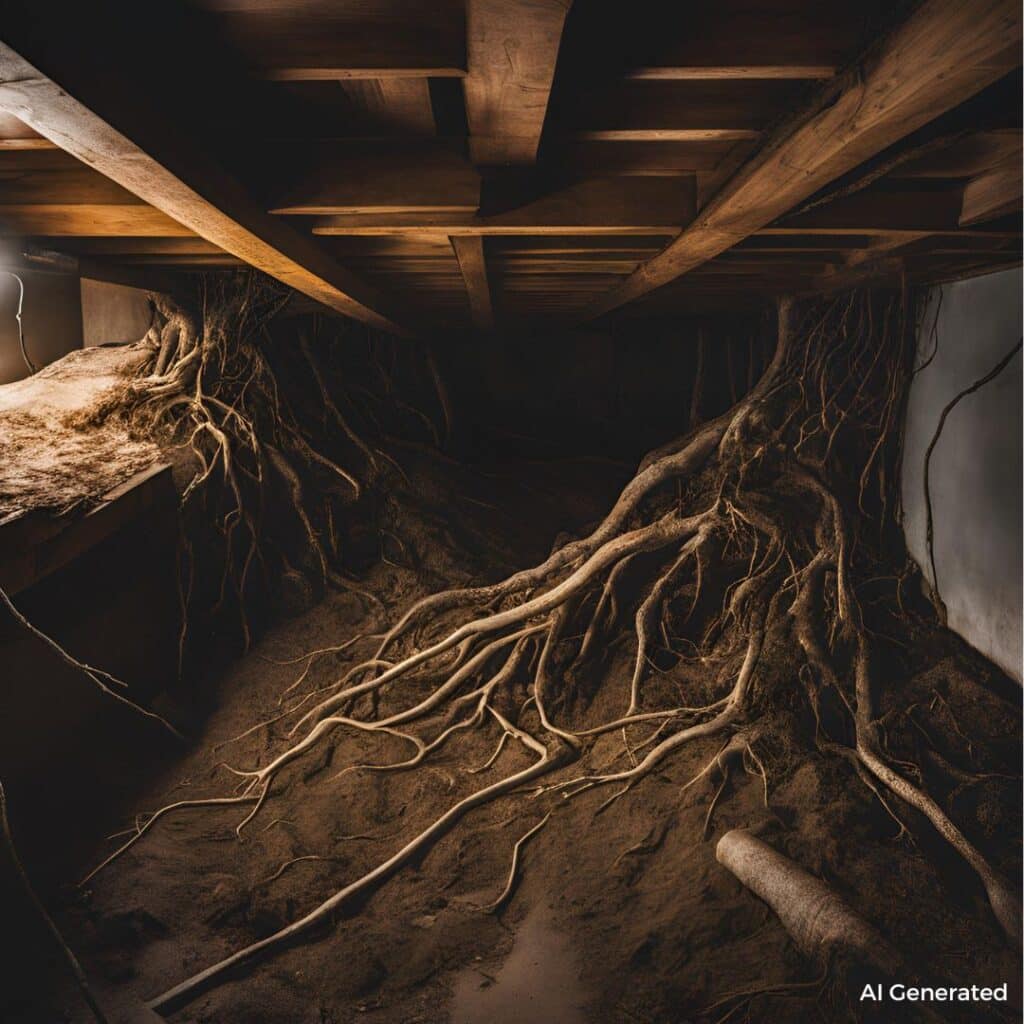
Home Insurance Foundation Repair Claims Process
To effectively navigate the insurance claims process, start by documenting the damage.
- Take clear photos and videos.
- List all affected areas, rooms, basements, etc.
- Get a professional repair estimate.
- Provide your home maintenance records.
A professional inspection is critical because it can provide an unbiased assessment of the foundation damage and determine its cause.
Filing a claim:
- Contact your insurance company.
- Gather documentation.
- Meet with the adjuster.
- Review the estimate.
- Be prepared to negotiate.
When working with an adjuster, always be cooperative and knowledgeable, document everything, be assertive yet polite, and consider hiring an advocate under challenging situations.
When Home Insurance Doesn’t Cover Foundation Repair
When home insurance foundation repair is not covered, you still have options. Things like financing options or home improvement loans can help.
Ultimately, preventative measures, especially waterproofing, will reduce high repair costs by maintaining your home’s foundation.
Dry Otter Waterproofing can provide valuable insight for waterproofing, assessment, and a repair plan to keep your home’s foundation in great shape. We can also help you review your insurance coverage options.




